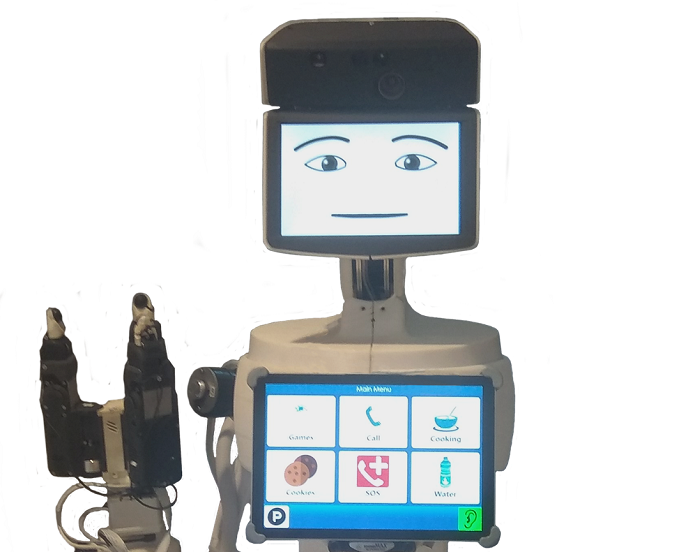How infants begin to make sense of the world around them
During the first year of life, babies develop at an astronomical pace. To date, the emerging field of developmental cognitive neuroscience has had few links to the private sector despite the fact that opportunities abound for the exploitation of results with societal and commercial implications. The EU-funded TRACKDEV(opens in new window) (Tracking early development: From basic science to applications) project focused on six specific areas of influence over learning and development. Work began by conducting research in areas including development of body representations in the brain, number processing, learning, memory, attention and social interaction. The themes covered auditory, visual and motor processing, and employed a number of experimental techniques, including eye-tracking methods and other behavioural tasks. Findings show that infants can accurately predict a person's continuing action even if they do not have experience in performing this action themselves. Studies demonstrate that body awareness is present in newborns and that they share common brain mechanisms of body awareness with adults. The TRACKDEV team also examined the role of sleep in infancy. Although ongoing, they have discovered that sleep patterns mostly change between four and six months, and that there is a link between increased sleep and enhanced memory skills. It also investigated how the control of eye movements develops during the first 12 months. Results reveal that the gaze of a three-month old is mainly guided by factors such as colour or contrast. At four months, babies begin employing more complex viewing approaches and adjust their eye movements to different viewing situations. TRACKDEV has helped to bridge the gap between basic developmental cognitive neuroscience research and industry, while providing a better understanding of the link between the developing infant brain and emerging cognitive abilities.







